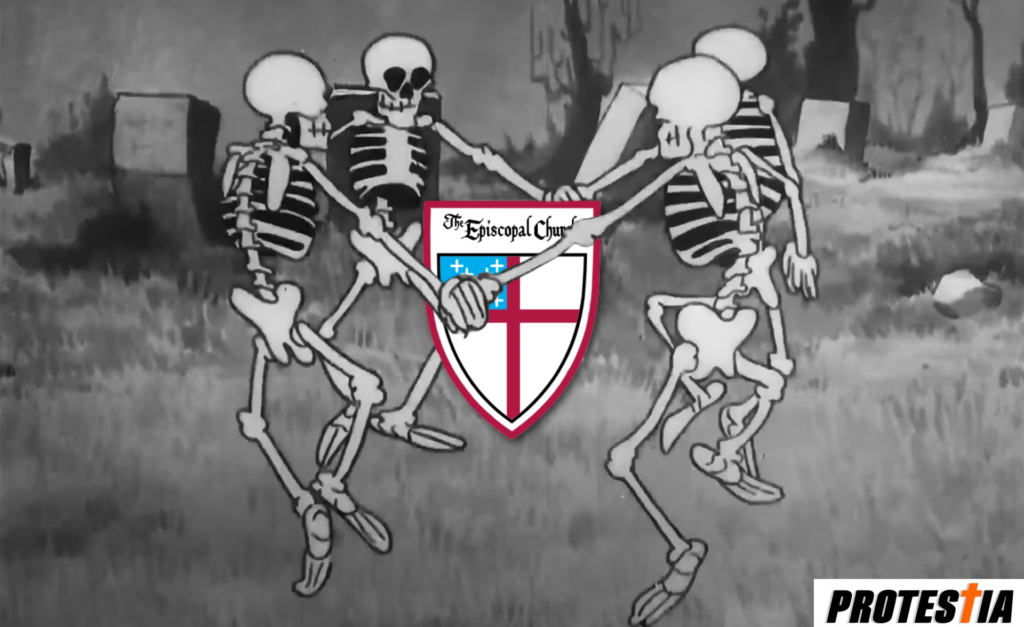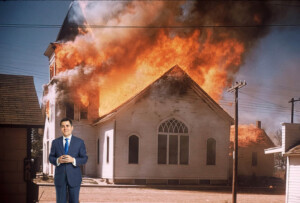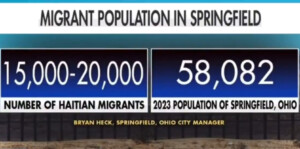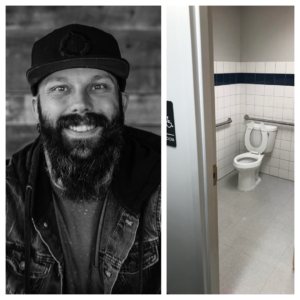With a Median Congregational Age of 69, The Episcopal Church is Literally Dying

(Religioninpublic) Last November, I wrote a post for Religion in Public with the title, “The Data is Clear – Episcopalians are in Trouble.” In it, I used survey data to paint a portrait of a denomination that was on the brink of collapse. One of the most troubling things about the future of the Episcopal Church is that the average member is incredibly old. The median age of an Episcopalian in 2019 was sixty-nine years old. With life expectancy around 80, we can easily expect at least a third of the current membership of the denomination to be gone in the next fifteen or twenty years. That’s problematic when membership has already been plummeting for decades.
But, I came across some data in the last few weeks that I just had to look at in more depth. Before I get into the graphs I have to give some serious kudos to the data team that works for the denomination. I have looked at the websites of all kinds of Baptist, Methodist, Presbyterian and Catholic traditions over the last few years. The Episcopalians blow them all out of the water in terms of accessibility and ease of use. Don’t believe me? Well, they have an interactive dashboard of all their churches in the United States. You can sort based on a map, church size, or amount of offering. It’s incredible and can be accessed at this link.
Let’s get down to it, though. How many people actually attend an Episcopal church on an average Sunday? I grabbed a PDF of their membership reports from here and did some quick analysis of the national trends.
In 2009, 725,000 people attended an Episcopal church on…
To continue reading, click here
Editor’s Note. This article was written by Ryan P. Burge and published at Religion in Public. Title changed by Protestia.
Editor’s Note 2. Good. This denomination is thoroughly depraved and ceased long being Christain decades ago, with perhaps only a fraction of a percent of real believers left.








As someone who worked at an Episcopal Church for almost 3 years, it is no surprise that it is dying and it needs to do so. They don’t preach the Gospel. They preach a radical leftist political agenda along with climate change (acid rain, global warming, global cooling, global catastrophe or whatever the lingo is tomorrow) and social justice. I have had people in the pew tell me at that church that most disagree with the Rector yet there they sit. The church actually posted a video at their annual meeting (that takes place when worship should be happening) where the Rector tells the online group (most Episcopal Churches are still closed) that the church will be dead in 5 years. That people are wanting to hear a “new message that they have.” Watching him say that I thought “if that was so, they would be spilling out of the doors now.” They embrace heretical beliefs that go directly against the Bible. Children aren’t taught anything in “spiritual formation class” except more social justice junk. Palm Sunday? Jesus’ procession into Jerusalem was a “protest march” and they were going to have children hold up protest signs. (thankfully that part didn’t happen.) I will say they were among the nicest people I have ever come across in all of my ministry, but they are gone and sadly it needs to happen. And those sitting in those pews? I wonder if they know that the buildings they sacrificed and gave extra to pay for belong to the diocese and they can be thrown out of them if they can’t pay for them?
I attended an episcopal church for almost a decade and have almost nothing but fond memories. This story is truly saddening. There could hardly be a more beautiful worship tradition, their liturgy is impressive and even the Catholics can’t hold a candle to the episcopal high church liturgy. Even though I felt I had to leave when they got off the rails into progressive politics and return to the Baptist church I was raised in, I still sneak back for Christmas and Easter services, midnight mass, the Great Easter Vigil; Baptists don’t have anything even remotely like them.
The episcopal church was one of the first denominations to be targeted for destruction by progressive activists. Maybe it’s because most of their churches are in the northeast, or maybe just because they are an old, venerable tradition, the church associated with the puritans and founding fathers of the US, most of whom were Anglicans. At the time evangelicals were encouraged to point and laugh rather than observe and learn. No one really knew what was happening, and it could surely never happen to us, we’re a “Bible church,” we’re the True Believers! The piskies were taken out by the infiltration of wolves in their ranks before anyone realized what was happening in America. The congregation I attended was not so radical, in our own congregational survey in 2012, 26% of our congregation self identified as conservatives, and voted for Romney that year. I think that’s not unusual. Liberals hold the voting majority in the congregation but the pews are filled with a mix of views. There were still plenty of conservatives active at that time.
One thing that really stands out about the Episcopalians is their hard commitment to charity in their community. Evangelical churches cannot hold a candle to them when it comes to community engagement and charity. My church had an ASA of around 300 but ran a very large soup kitchen ( in conjunction with two other mainline churches in the area), an additional soup kitchen *at the church* for the homeless one day every week, a Meals on Wheels ministry, a Suicide Prevention hotline ministry, a women’s shelter, a ministry for people with AIDS, and collected pet food for a local shelter, and I can’t remember what else. Most of their handyman and grounds keeping is done by volunteers from their own membership (that’s a ministry you can join where you agree to donate one weekend afternoon each month to church groundskeeping.) there was church sponsored Boy Scout troop, and AA chapter. I could go on- volunteering in all kinds of ways is sort of an expectation at the mainline churches. But of course not everyone does. No one is paying enough attention to the collapse in social services coming to some cities when these large downtown Episcopal churches close. Evangelicals do some other types of things such as Bible studies and missions support. I’m not discounting those. Still, evangelicals could watch and learn in this area.
Another area where evangelicals could watch and learn is the “plate and pledge” thing. That they manage to increase giving while decreasing membership is impressive. They do NOT press on their members to tithe or “give sacrificially.” Instead membership attends the annual or semi annual budget meetings ( sometimes these are held during the church service instead of the sermon time), hear reports from the various programs and vote on whether to keep these programs and what budget amount they are allotted. People are sort of expected to give enough to financially sustain whatever *they* think the church should be doing. If you think the Meals on Wheels program is a great thing and reaches many homebound who need it and have few other options, then how much will YOU give towards the $100,000 it’ll take to maintain it for the next year? This is brilliant. People FEEL personally invested in their church programs because they ARE.
The Episcopal church was a great experience for me. While I wouldn’t go back as a regular member due to the political takeover, I have nothing but good memories and things to say about it. I still think about it and miss the beautiful liturgy *every single Sunday* while strolling in late to the K-LUV pop cover dance music that I usually mostly skip these days. I miss the lovely architecture of those old churches, the big pipe organ belting out the old hymns and holding the hymnals, the creeds, the pew kneelers, the beautiful prayers, the altar candles, the meaningful Eucharistic service, I miss the whole thing. Every Sunday, five years later.
Mainline Protestant denominations are dying in general. Unfortunately the churches that are growing (mostly Pentecostal and Charismatic) aren’t much better theologically.
If nothing else they could get all those Catholic Democrats who support abortion on demand. Both sides win: the Catholics get rid of those who don’t uphold its teachings on abortion (I have to give them that, though of course I don’t agree with their core teachings), while the Episcopalians get a few people who haven’t reached Social Security retirement age yet.